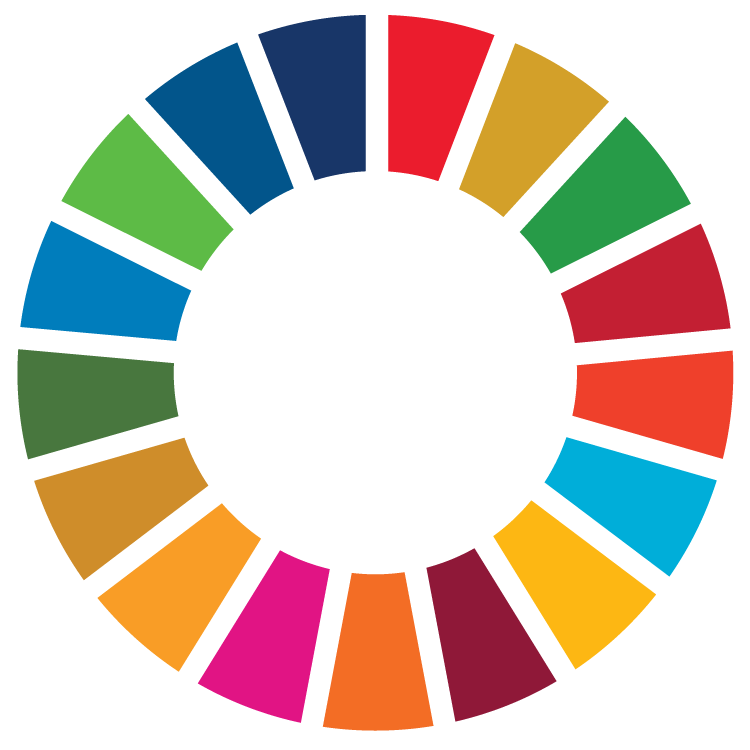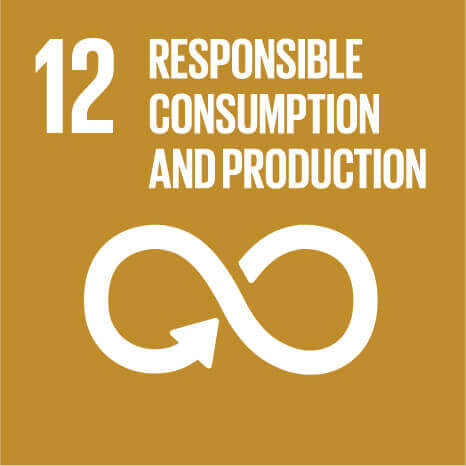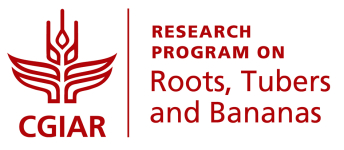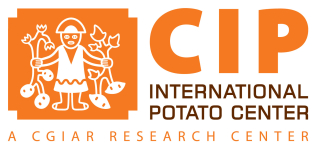Farmers cooperatives, seed companies, and private organizations adopt heat-tolerant, disease-resistant potato clones developed by CIP in Rwanda
Published on: April 30, 2021, Submitted by Enrico Bonaiuti on: April 30, 2021, Reporting year: 2020
CIP is making potato clones available to national agricultural research institutes to evaluate for late blight-resistance, and heat-tolerance. In 2018, 21 clones were assessed in Rwanda and the top 5 were released in 2019 with subsequent use by farmers cooperatives, seed companies, and private organizations in 2020.
Hakizimana Thomas, one of the trial hosts. He appreciated the yield of the new potato materials
The potato is one of Rwanda’s most important crops, since recently Rwandan farmers struggle to produce decent harvests, primarily because they grow low-yielding and disease-susceptible potato varieties. That will soon begin to change, as Rwandan authorities released five new varieties with higher yield potential and greater resistance to late blight disease.
The new varieties are the first released in Rwanda in almost 30 years. They are the product of a partnership between the International Potato Center (CIP) and the Rwanda Agricultural and Animal Resources Development Board (RAB), with collaboration from farmers, universities, cooperatives and food-processing companies. Together they evaluated 21 CIP-bred potatoes over the course of two years and recommended five for release as varieties. The initiative was supported by the United States Agency for International Development (USAID) through its Private Sector Driven Agricultural Growth project.
Potatoes yield less in the warm tropics, and tuber quality can be poor, especially because of high glycoalkaloid levels which cause a bitter taste and are a concern for human health. The International Potato Center (CIP) has developed new clones, which are heat-tolerant and resistant to late blight.
In Rwanda, farmers had only one potato variety, Kinigi, which was grown for processing and for cooking. In 2018 a CIP project funded by the United States Agency for International Development (USAID), in collaboration with the Rwanda Agricultural Board (RAB) tested 21 potato clones and five were released. The project involves a tissue culture lab at RAB to bulk up seed, to supply seed producers (1).
The benefit for farmers of the newly adopted varieties is the increase in productivity between 30 and 60 tonnes per hectare applying the same agronomic practices compared to current varieties yielding 7 to 11 tonnes per hectare.
Farmers and the environment will benefit from reduced use of chemicals as the new varieties are less prone to diseases. Less use of chemicals will save time and resources increase overall income.
The dormancy period is also reduced from 90 to 30 days allowing the farmers to plan after one month and without waiting the longer period needed with old varieties.
The new varieties will support better market offer for processors considering the increased quality reducing losses during the piling process.
Stage of Maturity and Sphere of influence
-
Stage of Maturity: Stage 1
-
Contributions in sphere of influence:
A.1.5 - Enabled environment for climate resilience







